Africa Neuroethics Research Group
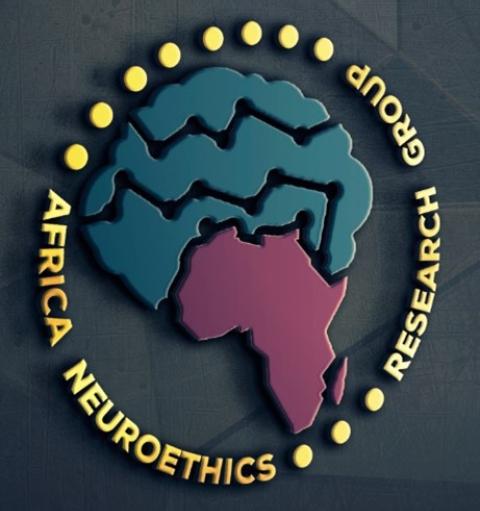
The Africa Neuroethics Research Group is led by Dr Olivia Matshabane, under the mentorship of Prof Soraya Seedat.
About
We are a transdisciplinary team that explores the ethical, legal, social, and cultural implications of neuroscience and neurotechnology in Africa. Our research group aims to contribute to the establishment of culturally and contextually relevant neuroethics guidelines for neuroscientific advancements in and for Africa, the diaspora, and globally.
Research mandate
We aim to build research capacity on neuroethics in Africa through securing local and international funding for new projects, graduate students, and the establishment of new collaborations and partnerships, which will not only lead to capacity development but also contribute to the production of scholarly outputs as well as public and community engagement.
Team values
1. Sense of Community | 2. Respsect | 3. Kindness | 4. Integrity |
5. Justice and Fairness | 6. Curiosity | 7. Humility | 8. Optimism |
Research Team
South African Team: Department of Psychiatry, Stellenbosch University
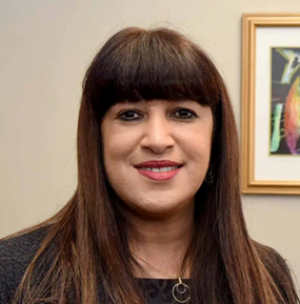
Prof Soraya Seedat
MBChB, FC Psych (SA), MMed Psych, MPhil Applied Ethics (Bioethics), PhD
Distinguished Professor and Executive Head of the Department of Psychiatry
Interests: Assessment and treatment of anxiety disorders with a special interest in clinical and translational work in childhood and adult posttraumatic stress disorder.
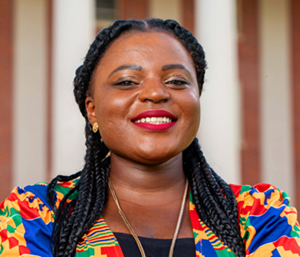
Dr Olivia Matshabane
BA Psychology, BA (Hons) Psychology, MA Psychology, PhD Medicine
Principal Investigator and Neuroethics Researcher
Interests: Mental health, neuroscientific technologies, neuroethics, and the ethical, legal, social, and cultural implications of neuropsychiatric genomics in Africa and globally.
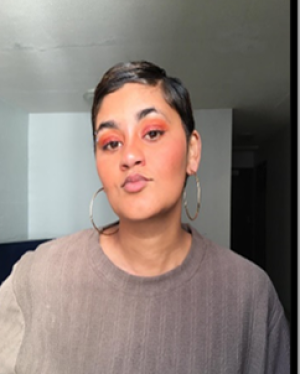
Ms Mohhadiah Rafique
BSc Human Life Sciences with Psychology, BA (Hons) Psychology, MA Research Psychology
Research Assistant
Interests: Mental health interventions, substance use behaviours, minorities, and marginalised communities, critical consciousness – towards the decolonial project.
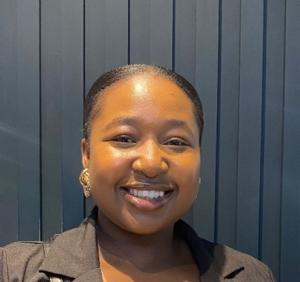
Ms Buhle Songo
BSc Human Anatomy and Physiology, BMS (Hons) Human Anatomy
MSc Neuroscience (Neuroethics) candidate
Interests: Neuroethics research focused on developing Africa-specific neuroethics guidelines for neuroscience research on innovative neurotechnologies for PTSD in Africa.
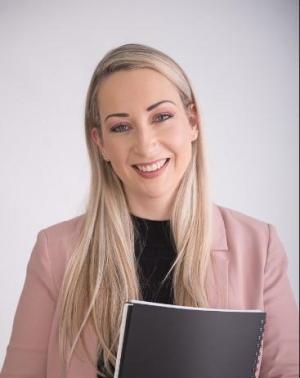
Ms Michelle King
BA Psychology, BA (Hons) Psychology
MSc Neuroscience (Neuroethics) candidate
Interests: Neuroscience, neurotechnology, neuropsychology, neuroethics and qualitative methodologies.

Mr Banele Banda
BA (Hons)
MSc Neuroscience (Neuroethics) candidate
Interests: The importance of mental health, psychosis, neuroscience, neuroethics, and the advocacy of human autonomy in neurotechnology research.
Kenyan Team: Brain & Mind Institute, Aga Khan University
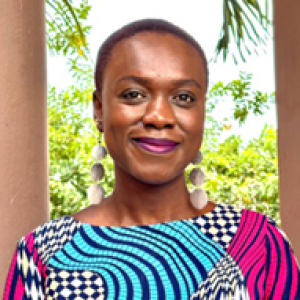
Dr Mary Bitta
BSc Nursing, PG Diploma Health Research Methods, MSc Global Mental Health, PhD Psychiatry
Kenya Principal Investigator
Interests: Developing and testing contextually relevant interventions to address the treatment gap for mental, neurological, and substance use disorders in low-resource settings.
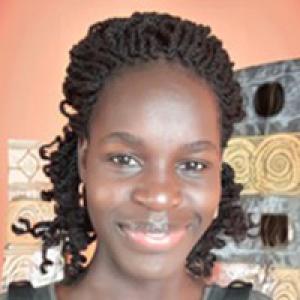
Ms Vivian Nyadimo
BSc Foods, Nutrition and Dietetics, MSc Epidemiology and Biostatistics Candidate
Kenya Project Manager
Interests: Public health nutrition, innovative strategies to improve health through education, prevention and intervention as well as research on neurological conditions in Africa.
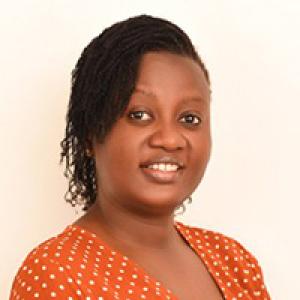
Ms Shilla Dama Unda
BA Sociology and Communication
Research Assistant
Interests: Development and humanitarian health research and social protection, sexuality, reproductive health, gender-based violence, and research on neurological conditions in Africa.
Collaborators
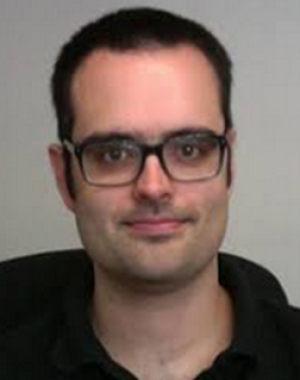
Prof Stefan du Plessis
Clinician Scientist
Department of Psychiatry, Stellenbosch University
Interests: Neuroimaging and virtual reality.

Prof Bonga Chiliza
Chief Specialist Psychiatrist and Head of Department
Department of Psychiatry, University of Kwa-Zulu Natal
Interests: Mental health, psychosis and genomics research in Africa.
Other collaborations
- Dana Foundation Career Network in Neuroscience & Society in the United States of America, see webinar: “Re-imagining an Inclusive Global Neuroethics: Views from the Global South”.
- International Neuroethics Society in the United States of America.
Open opportunities
Contextually and culturally relevant neuroethical implications of research on neuropsychiatric conditions and neurotechnologies in Africa.
Institution: Stellenbosch University – South Africa
Level: Masters
Supervisors: Dr O Matshabane, Prof S Seedat
Description: This project focuses on the neuroethical considerations for neuroscientific technologies (i.e., those used to assess the brain and nervous system functioning or to influence activity through modulation and stimulation) for neuropsychiatric conditions in Africa. The study will involve conventional scientists who have expertise in brain science, mental health clinicians, bioethicists, policymakers, and community engagement professionals as well as African people with neuropsychiatric conditions.Institution: Aga Khan University – Kenya
Level: Masters
Supervisors: Dr M Bitta, Dr O Matshabane
Description: The study will involve non-conventional practitioners – which includes traditional and faith-based healers, as well as African people with neuropsychiatric conditions.
Latest news: Dr Matshabane participates as a member of the Ad Hoc Expert Group at UNESCO's Recommendation on the Ethics of Neurotechnology and as a member of the Expert Advisory Group for UNICEF Neurotechnology and Children.
Funders
- The African Academy of Sciences
- Bill & Melinda Gates Foundation
- South African Medical Research Council
- National Institutes of Health
